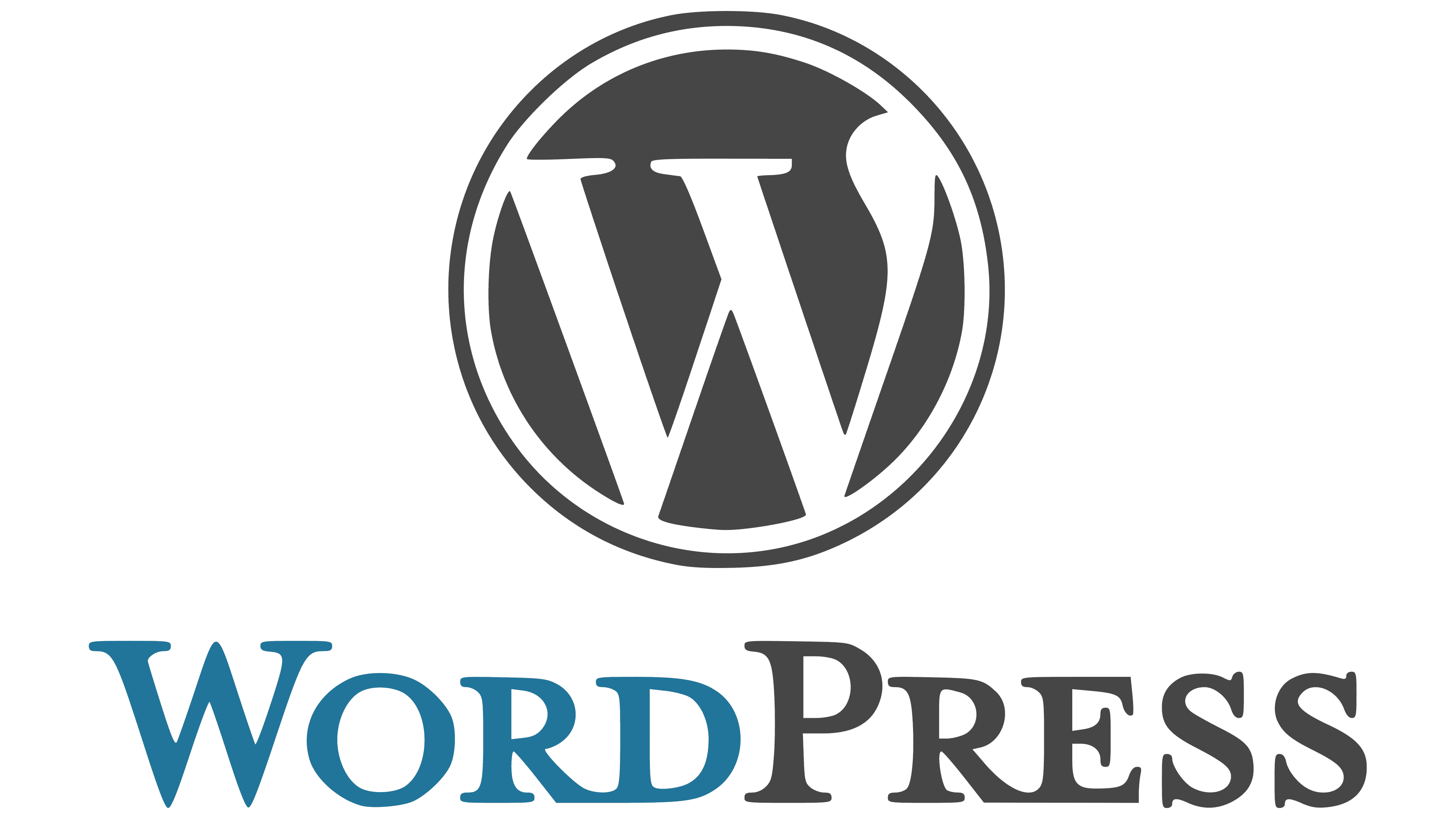Five Google Announcements for Developers

Google IO kicked off this week, and among their many announcements are a few for developers, designers and publishers. There will be much more news to come, but for now here are five items of interest, currently in development.
Google App Engine for Business:
The Google App Engine has been around for a couple years, but now comes Google App Engine for Business - allowing business to build custom applications and run them in the cloud for greater portability and easier administration. Consider this service a direct competitor to Amazon EC2 and Microsoft's Azure platform. In addition to the centralized management features (a single administrative console) users will have access to Google API's in Java or Python, access to a hosted SQL relational database, and some added security with SSL communications on hosted apps. Each application costs $8 per user, per month, with a maximum of $1,000 per month.
AdSense Upgrades:
New AdSense options look to help publishers and developers better target their users. AdSense for search ads only lets publishers include ads on pages and include them in native search results -- above, below or beside the results. In the past, publishers could only use AdSense for search within Google results.
AdSense for Ajax solves the problem of serving relevant ads when content of a page changes. When a user is on an Ajax-heavy website, they can now be served changing ads based on the changing context within the page. In the past, new ads were only served when the page was refreshed. As Ajax does not require refreshing the page even when the context of the page changes, relevant ads were a problem.
There's an added benefit of AdSense for Ajax. From Google, "In addition to the ads refreshing, you might wonder why the subject of the ads changed since the crawlable content on the page didn't change much when the tab changed. The second benefit of AdSense for Ajax is that it allows you to provide hints about your site's uncrawlable content with each refresh."
Google Font API and Directory:
Google's Font Directory and API are now available, providing "high quality open source Web fonts" for everyone. The fonts are enabled by CSS3 @fontface standard, hosted in the cloud and sent to browsers as needed.
Each font is cross-browser compatible, fully searchable and accessible to users with screen readers. Utilizing search-engine friendly fonts is a nice way to separate your website from others and provide a little "flair" for users to enjoy.
Google Wave (Labs):
Wave might have started slow, but Google's new Wave (Labs) announcement might turn the tide. Wave is now open to businesses, schools and organizations. The focus is on collaboration within organizations. Members of a wave can play back previous developments within the wave and remove the discussion when the project is complete. Also, new extensions (such as maps and voting gadgets) allow for more collaboration, and developers can develop custom extensions within Wave to suit their needs.
More information about Wave is available, as is registration for a webcast that will detail new additions and answer user questions.
WebM:
In addition with other companies, (Mozilla, Brightcove, Skype, Opera and others) Google announced WebM, providing an open, standard video codec that looks to provide high-quality, optimized video under a royalty-free license. It includes:
- VP8, a high-quality video codec we are releasing today under a BSD-style, royalty-free license
- Vorbis, an already open source and broadly implemented audio codec
- a container format based on a subset of the Matroska media container
According to Google, VP8 results in more efficient bandwidth usage (lower costs for publishers) and high-quality video for end users. A developer preview is available at www.webmproject.org.








